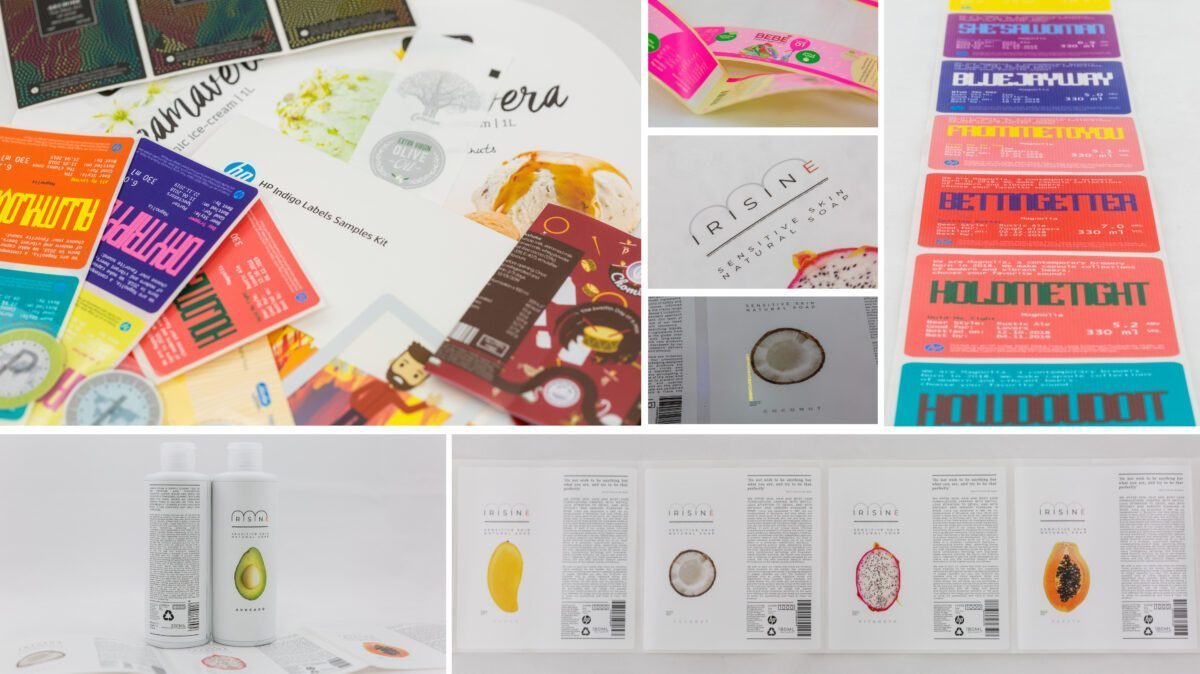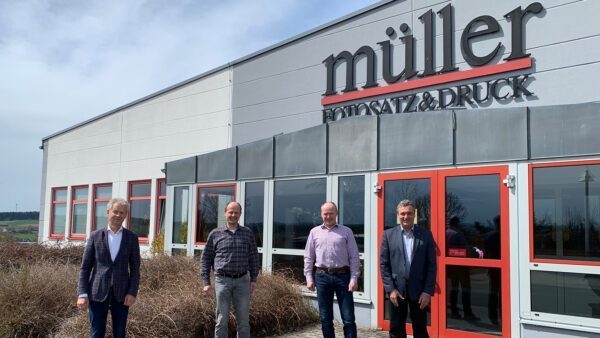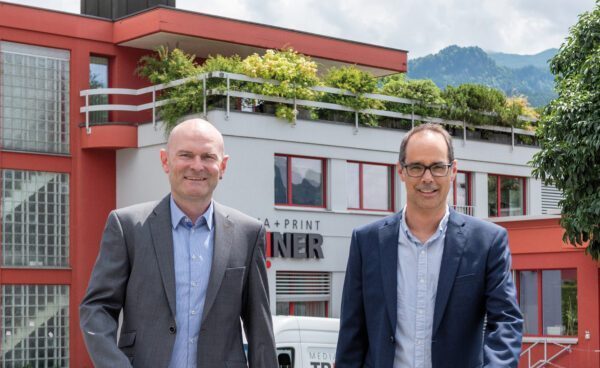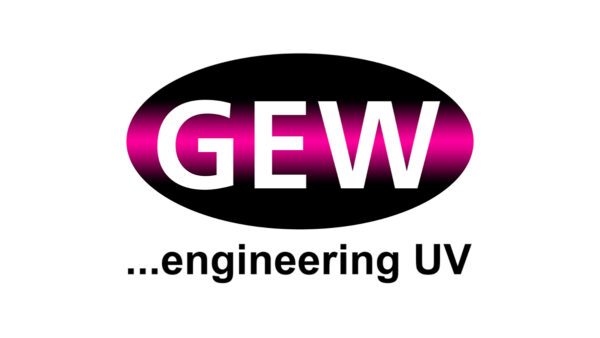The label segment is a specific part of packaging printing. In contrast to other packaging printing markets, digital printing has long played an important role here. The leading market provider is HP Indigo, whose systems are represented in Switzerland and Austria by Chromos Group AG. A background discussion with Markus Konz, Chromos Group Sales Manager. Trendsetting topics, he says, are security and brand protection.
Text: Paul Fischer / Image: Chromos Group/HP Indigo
HP Indigo has been the global market leader in digital label printing for several years. What are the most important trends at the moment?
Markus Konz: Definitely the area of security and brand protection. This has increased significantly over the last three years. Of course, this also has to do with the fact that HP Indigo has developed and offers a number of solutions that are easy to implement with Indigo technology.
There is a lot of talk about security and fire protection in the printing sector. But you hear relatively little about actual applications. Is that because customers understandably don't want to appear to the outside world, or is the demand lagging behind reality?
I think it's - still - a mixture of both. There is certainly enormous interest in the topic. We at the Chromos Group can also see this in the concrete interest shown by potential customers. The big brand owners in particular - and I can name a few here, such as Nestlé and Procter Gamble - are in close contact with HP Indigo. Of course, printing and brand protection have always been an important issue, and conventional printing processes have been used for decades in some cases. But with the triumph of e-commerce, new challenges have arisen. In terms of the logistics chain, there is a difference between buying a branded product in a physical store and having it sent to my home. E-commerce is much more flexible, faster and more individual than conventional sales logistics. For label printing, this clearly means much more short runs than long ones. But we know that the production of complex label printing using traditional methods is far too expensive for short runs. The big brand owners have the resources to develop solutions, but they are not always so easy to implement for large conventionally printed volumes. The opposite is true for smaller, nationally or regionally oriented consumer goods suppliers. They are also interested in printed brand protection, especially if they also ship their goods globally, which is now easily possible thanks to e-commerce. However, these companies often do not have the resources to develop elaborate brand protection solutions. In general, however, it can be said that digitally printed short runs will increase rapidly, and the trend among all HP Indigo users of security and brand protection is clearly towards growth.
Regardless of security and brand protection, how has Covid affected the label printing market?
First of all, it should be noted that in a cross-comparison with folding carton printing, for example, where we are seeing a clear trend towards the internationalization of production sites around the world, label printing is still predominantly national and regional. Even though digital printing has seen strong growth rates, not least thanks to HP Indigo, the vast majority of labels are still produced using conventional methods. This is a mix of offset, flexo, varnishes and foiling. Covid-19 and its accompanying measures posed major challenges for supply chains, especially last year when the first wave of infections hit. Questions suddenly arose such as "Can or may production take place at all?", something that no one would have even considered before. As a result, purchasing behavior in label supply changed across the board. Large, long-running orders were often significantly reduced in volume and ordered more frequently. And they were procured at much shorter notice and in much shorter runs. For print service providers who had already been producing mainly with their digital printing systems, this had no drastic effects. But providers with large conventional machines were of course extremely challenged. There are label producers in the ACH region with a mixed production environment (conventional and digital) who, at the height of the measures, completely or partially shut down their conventional machinery and were able to significantly ramp up production with the HP Indigo machines, in some cases producing around the clock. Because only with these machines was it possible to offer the necessary flexibility in production. Despite the second and third wave of infections, the situation has now normalized and planning has become more predictable again for label buyers. But one thing is clear: Covid-19 is a "boost" for digital label printing.
So you are already seeing a normalization. What do you expect when the Covid-19 crisis is largely overcome, as everyone hopes, thanks to the vaccination campaigns?
It remains to be seen to what extent the procurement of larger volumes, in particular, will develop as "long-running" orders. The large, globally oriented companies in particular are sensitized. We are experiencing this in our discussions with these companies. There will certainly be no turning away from globalization, but they have become aware that the total focus of purchasing processes on the cheapest procurement leads to dependencies that become a problem in times of crisis. Brand owners are therefore once again strengthening their relationships with regional and national suppliers in order to build up another crisis-proof supply chain as a fall-back position. People are now more willing to accept the possible additional costs for the pure printing process. But you have to remain realistic: the focus will always be on costs in the procurement processes of large corporations. However, as already mentioned, there is another major trend: Covid-19 is a real "fire accelerator" for e-commerce. On the one hand, this is a major threat to brick-and-mortar retail. On the other hand, it is a huge opportunity for smaller or micro providers. Thanks to e-commerce, a Swiss supplier of high-quality consumer goods, for example, can sell its products all over the world. This requires packaging and labels. And only regional printing partners can find a solution. And in terms of printing technology, HP Indigo has the right answers.
Keyword HP Indigo: if you looked around Labelexpo in recent years, you saw an ever-increasing number of digital printing systems with inkjet solutions. Nevertheless, according to independent market analyses, HP Indigo still has the lion's share of digital label printing applications worldwide. What do you attribute this to?
Yes, that is the case. It has to do with the E-Ink technology used by HP Indigo. This is tried and tested and, in combination with the use of inline primers, we can process an enormous range of printable materials. Inkjet certainly has its advantages for large volumes with low ink coverage, but with high ink coverage the cost-effectiveness is more critical. Drying, unless it is UV inkjet, can also be a challenge. Migration is no longer just a requirement in the food industry. We can also offer spot and special colors on the Indigo platform, while the inkjet operates in the CMYK range. And that is a limitation, especially in the label sector. Due to these technological prerequisites, HP Indigo will certainly be able to further expand its market leadership in digital label printing. This is also against the background of the new platform (Series 6) presented for the first time last year, which will significantly increase the productivity of HP Indigo technology, even for large print runs.
Chromos Group AG sells HP Indigo in Switzerland and Austria. Are there any differences in the respective printing markets?
In contrast to other printing market segments, the label printing market is similar in both countries. In the case of Austria, we are certainly exposed to greater competitive pressure from the directly neighboring Eastern European countries. However, this means that we have a whole range of extremely innovative label printing companies in Austria. But the label printing market in Switzerland is also exposed to neighboring international competition, and users of HP Indigo technology are also extremely innovative here. These are both important markets for the Chromos Group.
Security and brand protection solutions with HP Indigo
- Variable data printing
- Special substrates
- Protected traceability
- Anti-counterfeiting and brand protection
- Security features, hidden static markings
- Serialized microtext and mini-QR codes
- Consumer-level authentication
- Microprint
- Invisible inks



